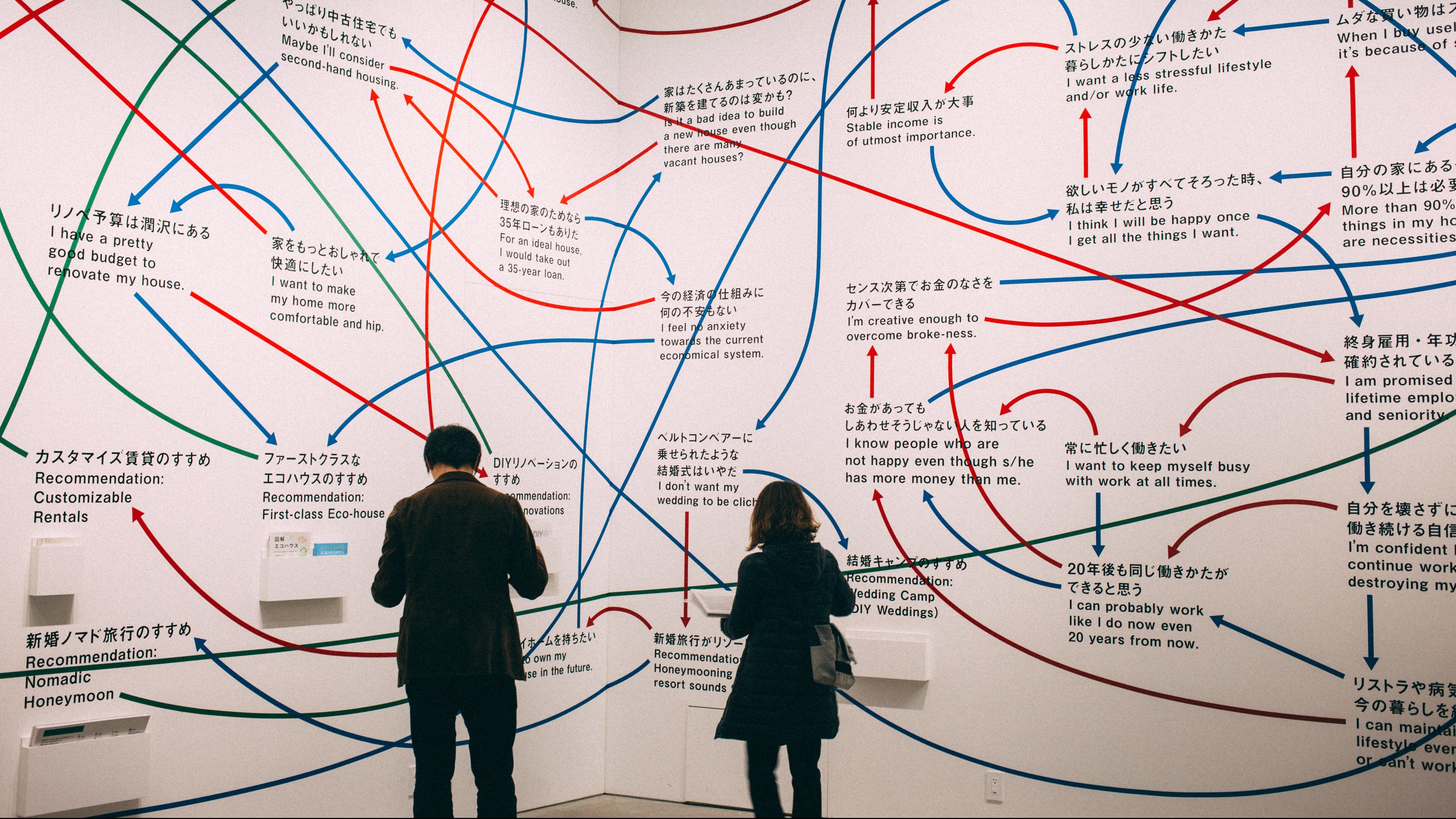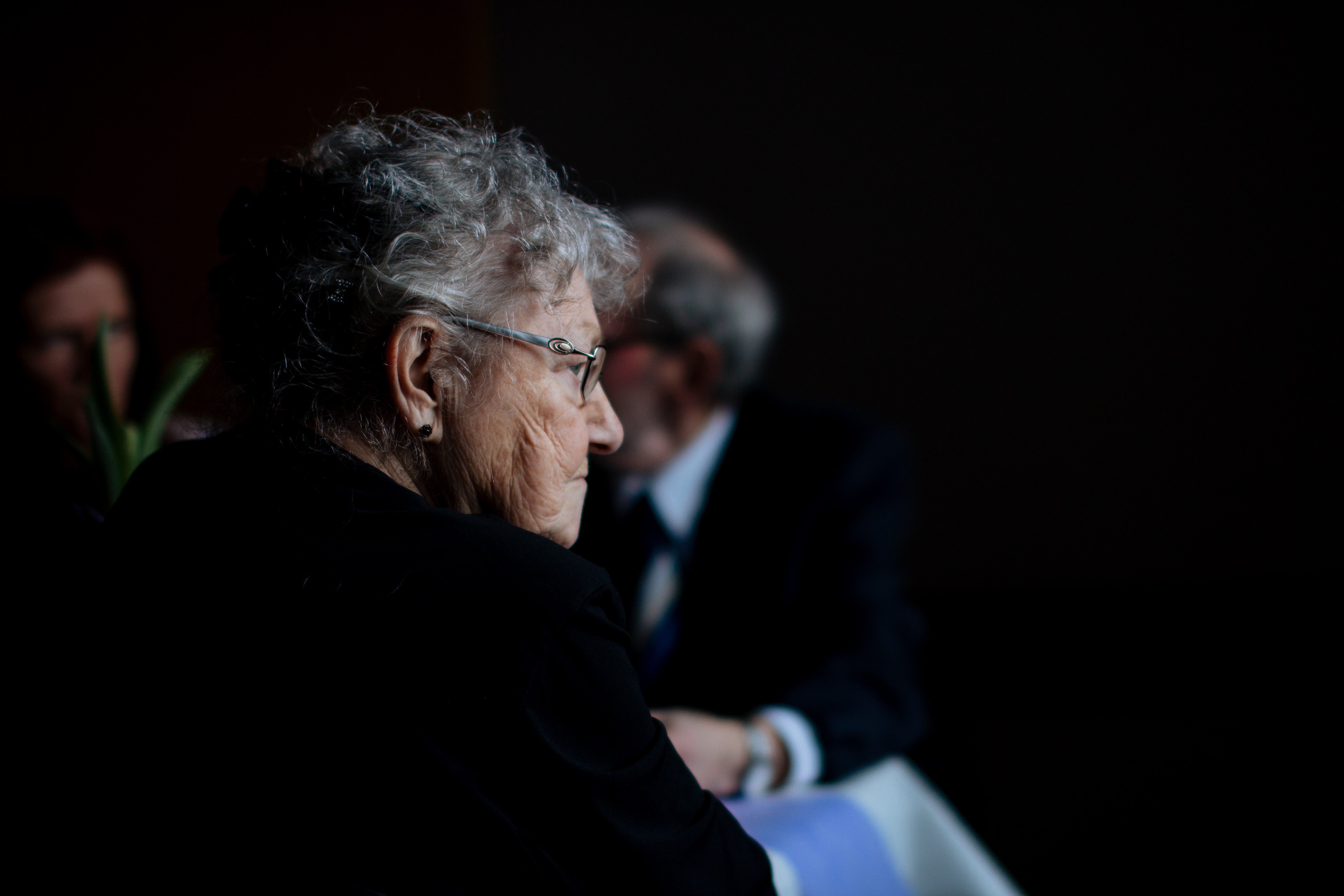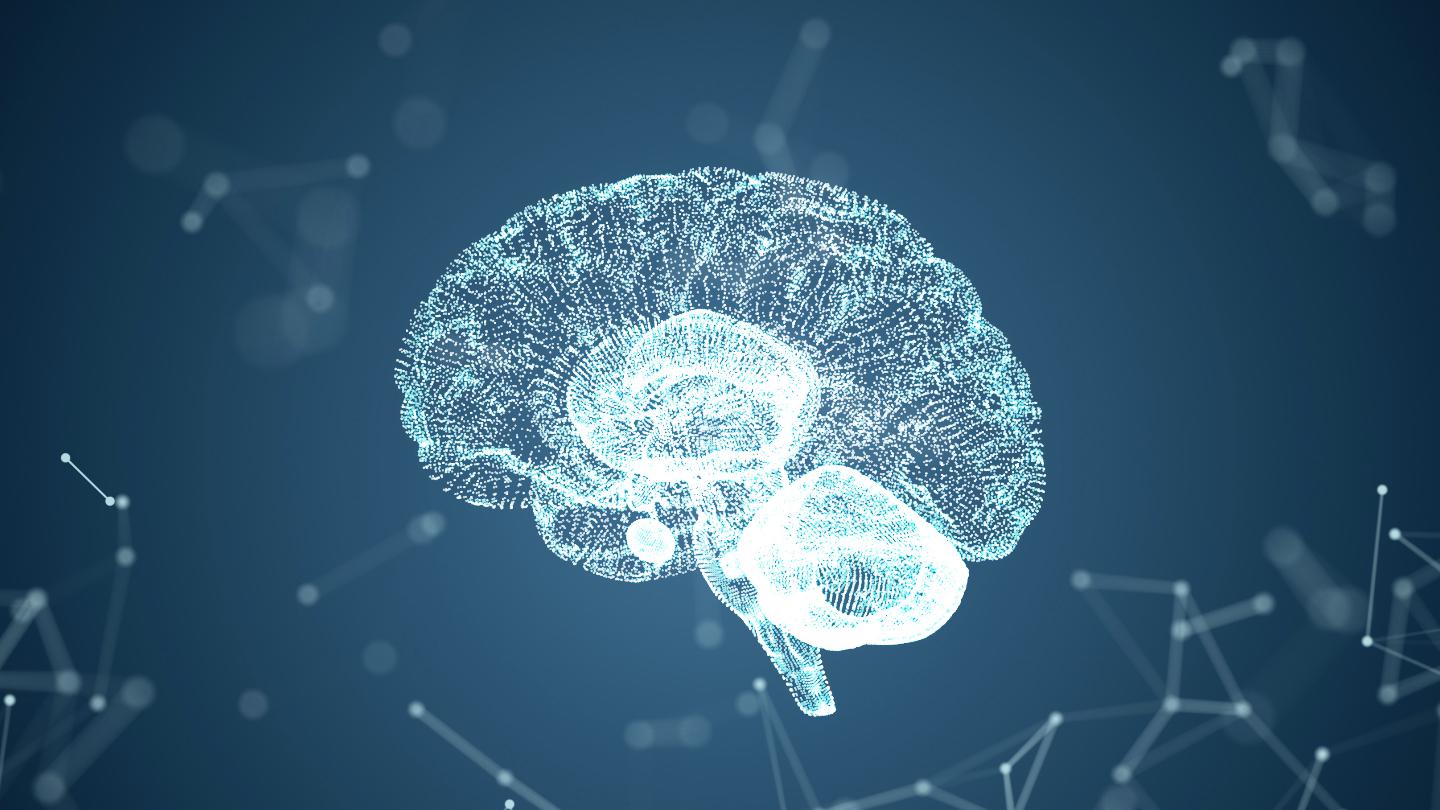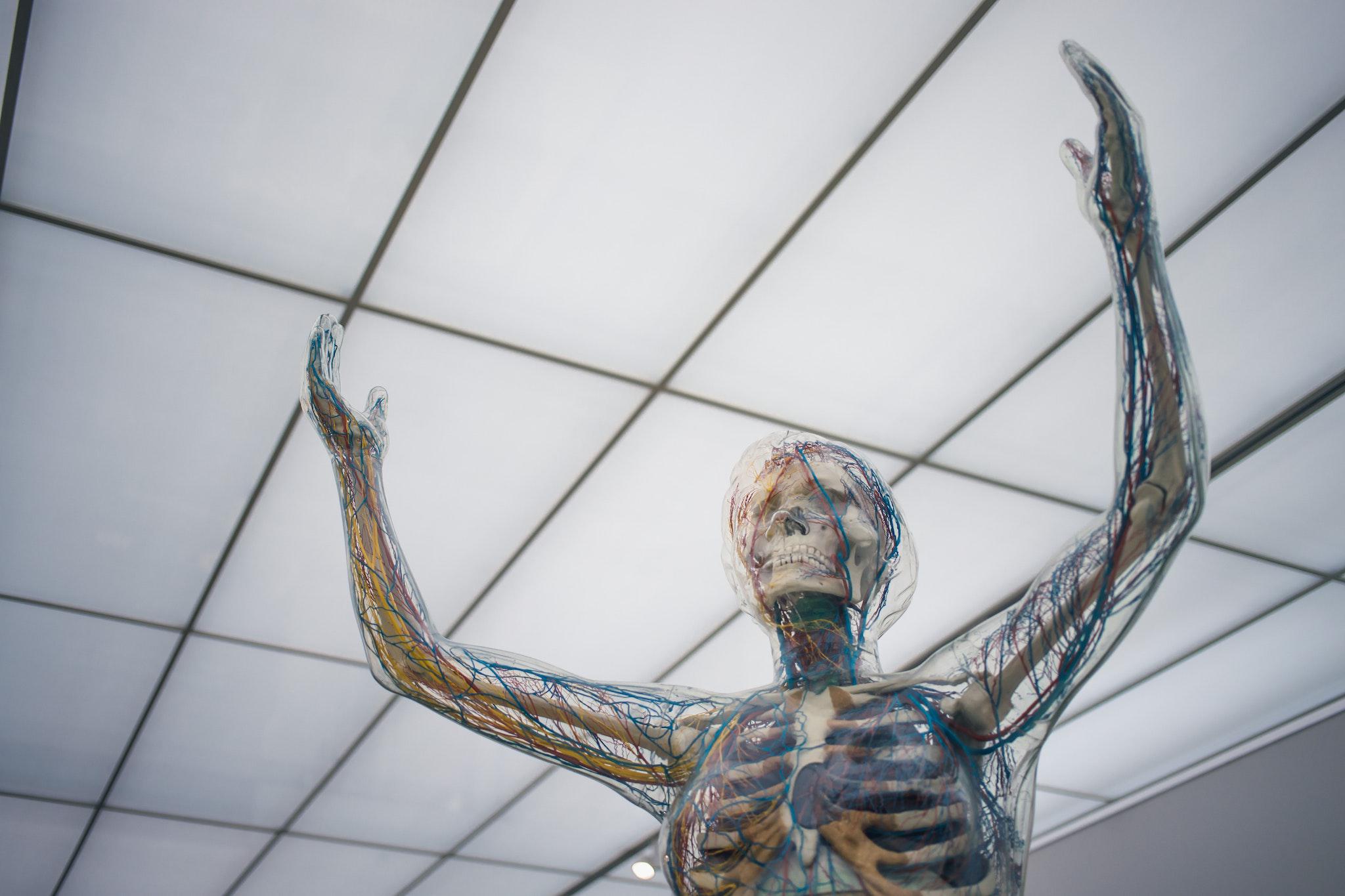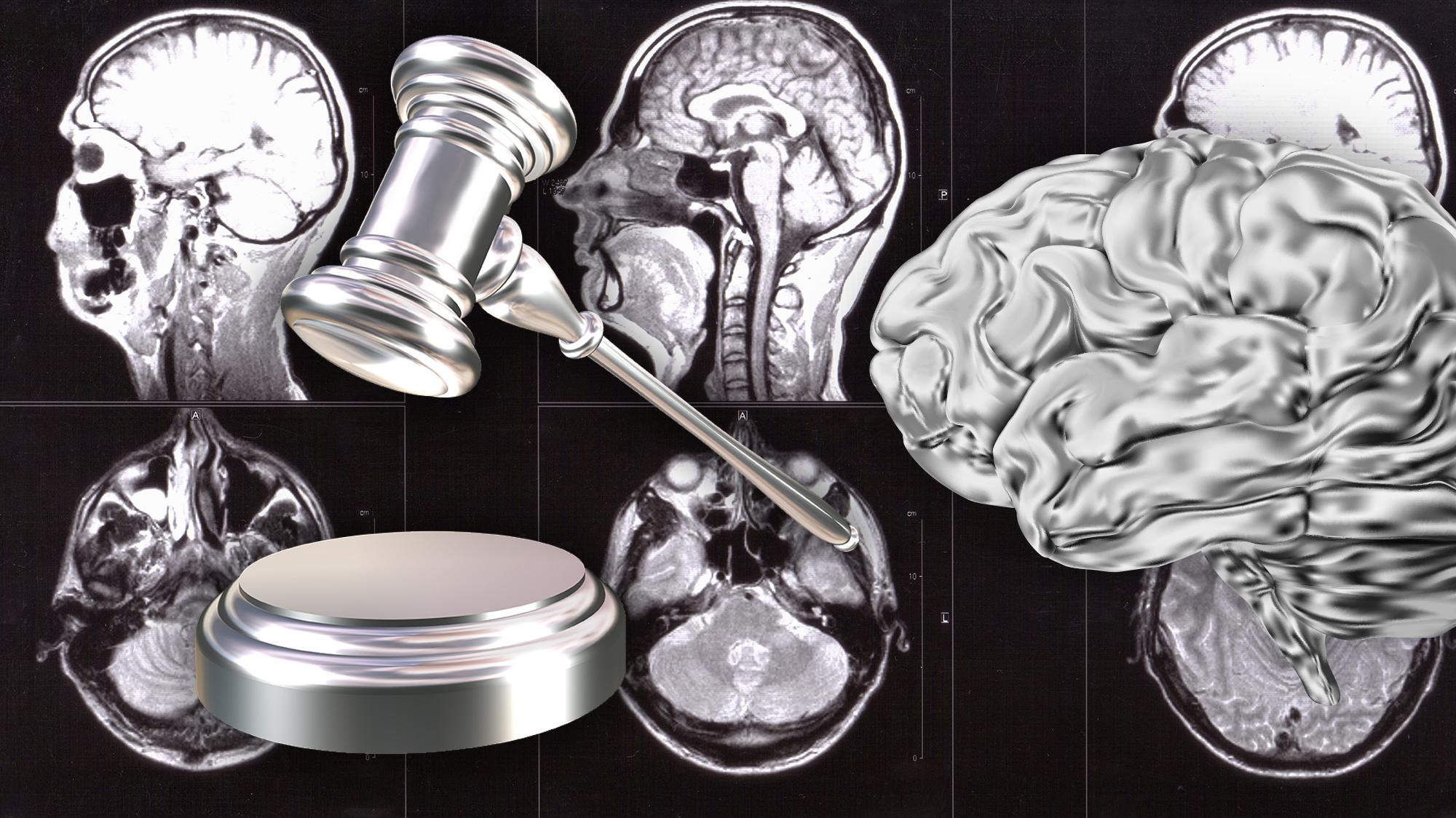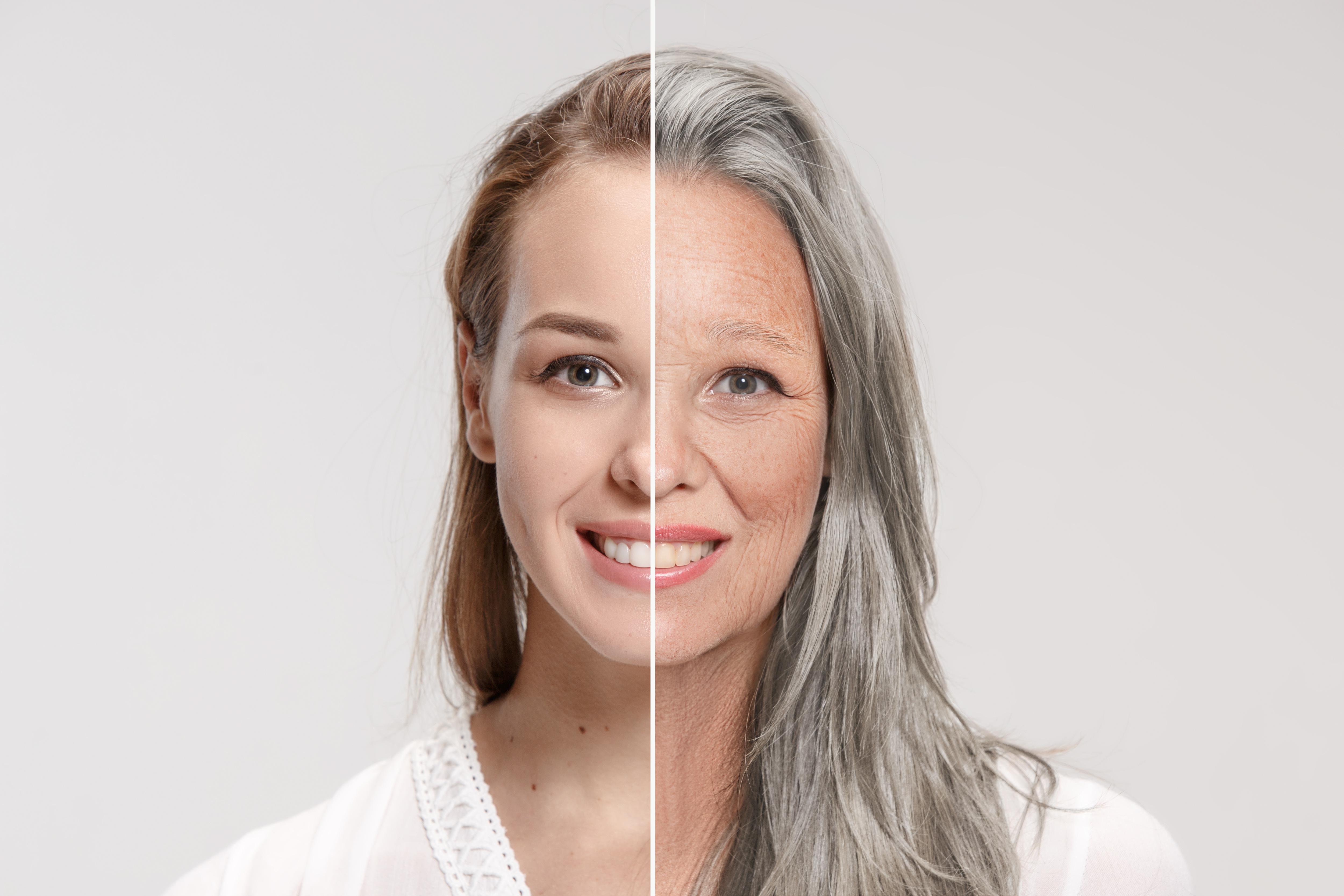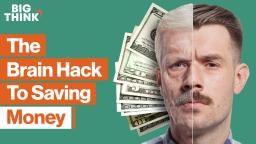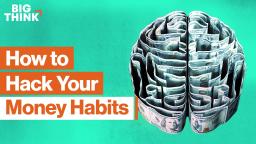Neuropsych
All Stories
Our minds are hyper-taxed due to hyper-tasking. We need to slow down and allow ourselves to daydream if we want to improve our attention.
Engaging in a brief mindfulness exercise made people who identified “I/me” words 33% less likely to volunteer.
Deep brain stimulation could represent a breakthrough in the treatment of mental health disorders like major depressive disorder.
The key is finding which lifestyle suits you best: hedonic, eudaimonic, or experiential.
To enable us to read, the brain piggybacks on other cognitive processes.
Why do people own so many unused possessions, treating them as though they are too special to use?
“Theory of mind” enables all people to naturally infer other people’s mental states. Psychopaths don’t seem to put much effort into the process.
A new study suggests that depressed people may prefer a Leonard Cohen or Bob Dylan song to one from The Beach Boys or One Direction.
For some people, the emotional pull of fictional characters is profoundly strong.
“I suddenly woke up one day and thought, you idiot, you are letting your life fade away, you have got to do something.”
A new study upends a long-standing theory on how the brain plans motor actions in uncertain environments.
When you unintentionally step on a dog’s tail, does it know that it was an accident?
How the brain decides what to store and what to forget.
Our brains did not evolve to shop on Amazon.
A new study found that people who scored high in certain psychopathic traits are more likely to limit head movements.
Science confirms what you already knew about being helpful to others.
▸
5 min
—
with
Money can buy happiness — if you spend it on others, research suggests.
Through self-tracking and self-experimentation, we can greatly improve our cognitive capacity.
For nearly two centuries, courts have relied on the subjective “reasonable person standard” to solve legal disputes. Now, science can help.
The way we imagine and listen to melodies sheds light on imagination.
Our brains believe $10 today is more tangible than $100 next year.
Humans are wired for short-term thinking according to neuroscience, making it difficult to save for retirement.
▸
6 min
—
with
Playing video games could help you make better decisions about money.
▸
6 min
—
with
Fintech companies are using elements of video games to make personal finance more fun. But does it work, and what are the risks?
A new brain imaging study explored how different levels of the brain’s excitatory and inhibitory neurotransmitters are linked to math abilities.
Fear that new technologies are addictive isn’t a modern phenomenon.
When we rely on the conscious mind alone, we lose; but when we listen to the body, we gain a winning edge.
Brain cells snap strands of DNA in many more places and cell types than researchers previously thought.



